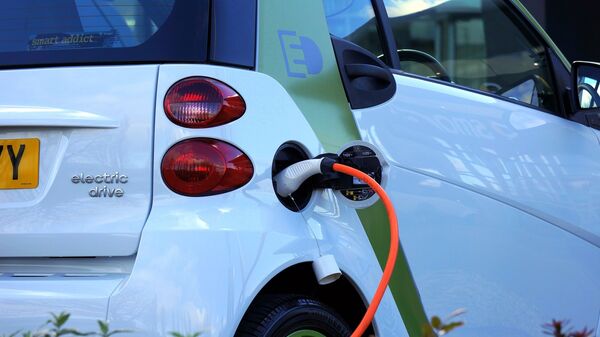"Of course, this is mostly symbolic, but the figure nevertheless shows that the infrastructure is getting increasingly more refined," Lærke Flader, the head of the Danish Electric Car Alliance, said.
But while the electric vehicle infrastructure is flourishing, the overall prospects for the EV market in the Nordic country seem to be rather grim. Of late, Denmark's sales of electric cars have plummeted after the Danish government decided to curtail EV subsidies. So far in 2017, only 182 electronic cars have been sold in Denmark, of which only 17 to private consumers, which is a major drop from the 4,605 sold in 2015 the Copenhagen Post reported.
The spike was later attributed to buyers anticipating the subsidy cutbacks, whereas Lærke Flader argued that the subsequently introduced tax regime "completely killed the market."
In Sweden, yet another Nordic nation, there is also little doubt that electric vehicles will become a staple in the coming decade. Earlier this month, Volvo made a historic commitment of phasing out conventional car engines after 2019, with plans to have sold at least one million electrified cars by 2025, including pure electric and hybrid vehicles.
Denmark is a global leader in wind power, yet the steep 180 percent vehicle tax seems to remain an insurmountable obstacle for the future of electric cars. In Denmark, E.ON emerged as by far the biggest provider, with over 1,300 charging spots across the Nordic country.
A modern electric car can typically charge from 0 to 80 percent in about 30 minutes.




